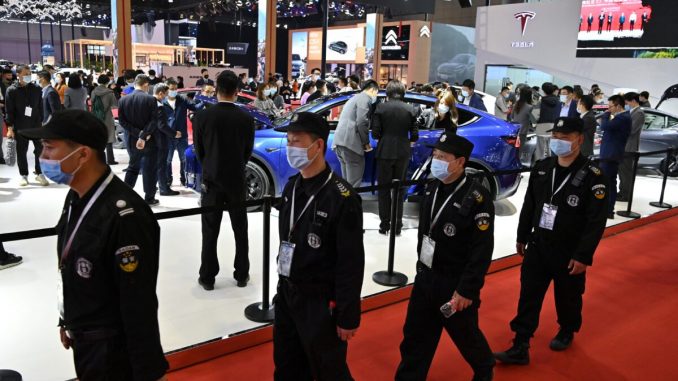
Following her protest against Tesla at the Shanghai Auto Show last month, a woman surnamed Zhang, owner of a Tesla electric vehicle from Anyang, Henan Province, filed a lawsuit on May 6 with Beiguan Court against Tesla China and its Vice President Tao Lin for defamation. She is demanding a public apology and about $7,800 in compensation for moral damages from Tesla. Tesla said that it would respond to the lawsuit.
Zhang staged her protest on April 19, the first day of the Shanghai Auto Show by standing atop a Tesla car and yelling “Tesla’s brakes failed” before she was dragged away. She claimed a failure of her Model 3 Tesla’s brakes almost killed four of her family members in the car, while Tesla said her vehicle data showed her car was traveling at 74 mph and the brakes were functioning properly.
Zhang’s Lawsuit
On the evening of May 6, Zhang released a statement on her lawsuit, claiming that Tesla and Tao had repeatedly made statements that created an image of the car owner as a professional troublemaker.
She said these inaccurate remarks have damaged her image and caused serious disturbance to her life and that of her family. “The plaintiff (Zhang) was subjected to a daily barrage of online attacks and verbal abuse,” according to her litigation.
“This is only Episode One, after which [we’ll] bring a lawsuit against the brake failure, [and we’ll] make it into a serialized drama,” Zhang’s husband said in an interview with Chinese media later that day.
Beijing’s Changing Its Attitude Toward Tesla
Zhang and her husband are using the right timing to stage their protests against Tesla.
In 2018, amidst the trade war between Beijing and Washington, Tesla was being welcomed by two Chinese megacities: Shanghai and Guangzhou. Shanghai finally won over Tesla by offering more favorable policies to Tesla, which signed the cooperation contract with Shanghai in that year, as reported by BJNews.com in July 2018, a state-run news outlet under the administration of the Beijing Publicity Department.
The construction of Tesla’s Shanghai production facility was completed in 10 months, a construction speed hailed by the CCP’s mouthpiece Xinhua news agency as “Shanghai speed.”
On Jan. 9, 2020, Li Keqiang, Chinese Prime Minister, met Elon Musk at Zhongnanhai, the headquarters of the CCP and its State Council. Three Tesla models were parked outside of the premises for Li’s inspection.
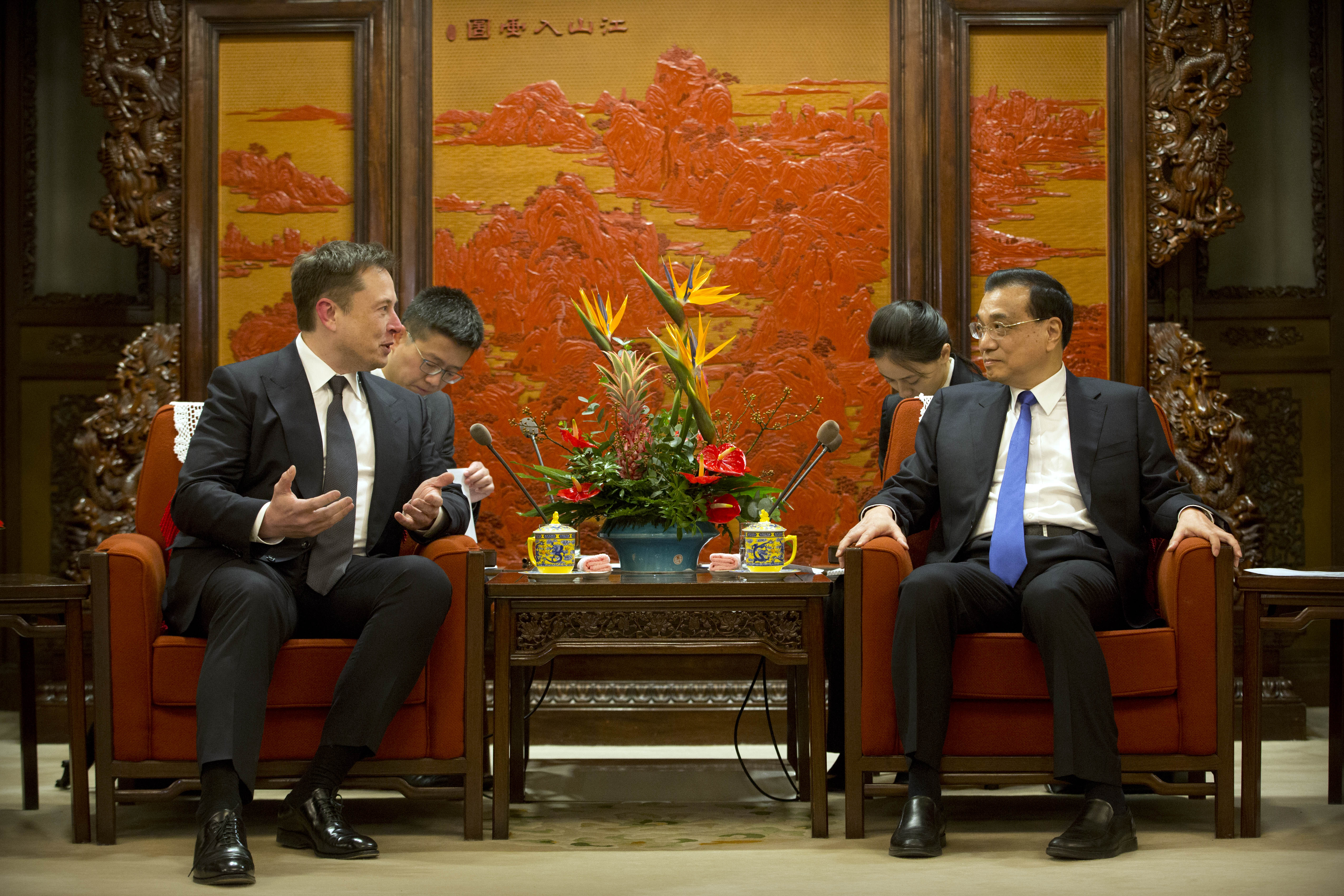
“I hope that Tesla will become a participant in China’s deepening reform and opening up, and a driving force in the stable development of Sino-US relations,” Li told Tesla’s CEO at the meeting, according to a press release from the CCP’s State Council. Musk replied that Tesla would strive to make the Shanghai plant one of the most advanced in the world.
Tesla’s honeymoon period with Beijing did not last long, as there are increasing critics from the Chinese regime on Tesla starting from 2019.
As Business Insider Australia noted, “bubbling up” complaints about Tesla’s customer service and safety appeared on China’s social media.
The outlet also noted that Beijing is using state-controlled media to criticize Tesla.
Chinese regime regulators acted as well. “China’s State Administration for Market Regulation said in a social media post its officials, along with those from the Ministry of Industry and Information Technology, Ministry of Emergency Management, Cyberspace Administration and Ministry of Transportation had met Tesla,” reported Reuters in February.
On April 8, 2021, cnBeta, a Chinese “real-time tech news site”, published an article that mentioned the meeting of the CCP’s regulating bodies with Tesla on Feb. 8 this year. The article especially pointed out that “the appearance of the Central Cyberspace Administration among the five ministries” triggered “widespread discussions.” It also quotes a comment from Xinhua as saying, “(People from) Tesla should understand that the privacy involved in the car is not something you want to collect, you can then collect!”
The cnBeta report revealed that the Chinese regime began to ban its military personnel and employees of major state-owned enterprises from using Tesla’s cars, and it quoted sources from Tesla confirming that it was true Chinese military quarters do not allow Teslas to approach or enter in fear of Tesla collecting relevant data.
The CCP’s Ministry of Industry and Information Technology (MIIT) released a notice on its website on April 7, 2021, inviting public comments on its “Guideline for Governance of Intelligent and Connected Vehicle Production Enterprises and Products (Draft for Public Comments).” Article 3 of the Guideline requires that “Personal information and important data collected and generated in the operation within the borders of the People’s Republic of China should be stored in the territory in accordance with the relevant provisions. Data that must be provided overseas due to business needs is to be reported to the relevant supervising industry departments.”
According to the cnBeta report, experts predicted that Tesla and other overseas vehicle manufactures would probably be required to set up their data storage centers in China, as Apple has set up its data center in Guizhou Province, China.
Tesla has recently paid back in full the $614 million loan for the construction of its Shanghai plant, triggering speculation and rumor that Tesla is preparing to exit China.
China Lawyer: Zhang’s Goal Is to Please the CCP
Under the pseudonym Liu for safety concerns, a Beijing lawyer told the Chinese edition of The Epoch Times in an interview that Zhang’s purpose of the lawsuit is to curry favor with CCP (Chinese Communist Party) authorities and that her current behavior is “completely evasive and nonsensical.”
Liu said that since Zhang wants to defend her rights, she should focus on the specific cause of the accident and investigations should be made to find out whether the accident occurred due to excessive speed, what the time of braking was, and if the driver was driving correctly.
According to Liu, from a legal point of view, defamation is a crime in which a violator must take the initiative to infringe the reputation of another. But so far he has not seen Tesla making any other comments on the issue of Zhang’s reputation that are not related to the car accident. Zhang is now suing Tesla for reputation infringement, which is “completely nonsensical,” Liu said.
In regards to Zhang saying that she was under “online attacks and verbal abuse,” Liu said that the netizens were commenting on her inappropriate, excessive, and unreasonable behavior and that it was not Tesla releasing the pre-accident driving data that caused her to be accused by netizens. Lie said: “There is no way to establish a causal relationship between Zhang being accused and Tesla’s objective and truthful release of technical data. So what is the point of [Zhang] continuing with such a lawsuit?”
Liu said that it did not bear scrutiny that Zhang climbed atop a Tesla at Shanghai Auto Show, claiming that she was pregnant. “An experienced person knows at a glance that she isn’t really defending her rights,” Liu said.
He said that Zhang and her husband’s performance also showed some people in mainland China only care about making money, even if it’s through illegal or shameless methods, and that they had become indifferent to right or wrong, civil justice, values, or a positive outlook of life.
“As long as she thinks that her behavior is what the authorities are happy to see and in line with the needs of the authorities, she is emboldened to conduct this shameless behavior to the very end,” said Liu.
Tesla Responds to the Lawsuit
On May 7, Tesla China responded to Chinese media that it “believes the law will give a fair and just verdict” on the lawsuit filed by Zhang.
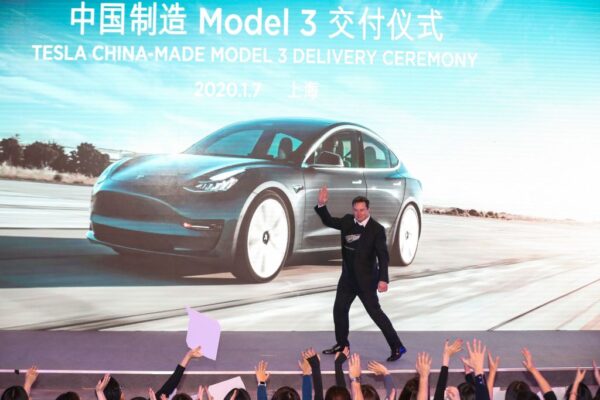
Tesla said that they have been focusing on product quality issues and have been working hard for the vehicles to be tested by third-party authoritative organizations under the designation or supervision of the relevant departments. However, up to now, Zhang has not agreed to accept qualified third-party testing under the designation or supervision of the relevant departments.
According to a report on finance.sina, “The driver was Zhang’s father at the time of the accident, but her father himself did not come forward to explain the driving situation. Zhang said she was ‘playing with her cell phone in the car’ at the time of the accident. To date, the allegations of Tesla’s ‘brake failure’ are only Zhang’s verbal descriptions, and there is no valid data from a third party.”
“Tesla also said that for nearly two months, Tesla has been actively communicating with Zhang, hoping to help her solve the problem. But though Tesla has endeavored multiple efforts, Zhang still has not agreed to analyze the EDR (Event Data Recording System) data on the vehicle to find out the truth,” says the report.
“We will continue to make every effort to promote the vehicle inspection and give an explanation to all the public who are concerned about the incident,” Tesla was quoted as saying so by the Chinese medium.
Heated Online Discussion on the Incident by Chinese Netizens
The incident has aroused widespread public attention and heated comments on the Internet in China.
A netizen called “A Kindergarten Kid” says: “You (Zhang, the Tesla car owner) are wasting public resources every day. Go get a test. You were complaining about the brakes. Get a test then. The data has been provided to you. You should analyze it and find evidence to nail Tesla. So many days are gone, and still, you haven’t any evidence.”
Netizen “Victory Village Maya” says: “Can’t someone see it clearly now? The car owner just wants the farce to get more attention and to extort money. As to the quality of the brakes, neither do they care nor do they want to make it public. ”
Netizen “jianj09” says: “Why not sue (Tesla) for the quality issue of the car? Why (the incident) all of sudden has become an issue of reputation?”
Netizen “Shengjian–” replied to the post: “(It’s) very obvious that, to the Henan owner of the car, that (quality of the car) is not of top priority.”
Netizen “Zhelirensheng (literally “Life in hometown of Zhengjiang”)” says: “(the car owner) has no sense of shame at all.”
Netizen “LeviBuzzard” says: “If you say there’s no team (to back up), it is an insult to (my) IQ.”
A Replay of the Protest
On April 19, wearing a white T-shirt printed with a Tesla logo and Chinese characters meaning “brake failure,” Zhang stood atop a display car inside Tesla’s booth at Shanghai Auto Show and yelled: “Tesla’s brakes failed!” She said that in February a Model 3 Tesla that she was driving had a failure with its brakes, causing her to collide with two cars, and that four of her family members in the car nearly got killed in the car crash.
Zhang demanded high compensation from Tesla China, which responded twice that it would “not compromise with unreasonable demands.” Tao Lin, Vice President of Tesla China, said in an interview with Chinese media that she felt Zhang was acting professionally and that “there could be (someone) backing (Zhang).”
It triggered criticisms from the CCP’s various media outlets.
The next day, consecutive articles denouncing Tesla were published by the CCP’s official media Xinhua News Agency and the media affiliated with the CCP’s Central Political and Legal Affairs Commission, a CCP body that oversees the country’s legal apparatus. Tesla was forced to apologize.
On April 23, the CCP’s mouthpiece Economic Daily called “the relevant (Chinese) authorities” to “order Tesla to immediately suspend production and sales for rectification” in its report.
On April 25, the CCP’s party organ CCTV claimed that Tesla was “out of control.”
Tesla, besides making public apologies, released on April 22 the driving data of the vehicle before the accident, which indicated that the car was driving at high speed before the accident and that Tesla’s automatic braking system slowed it down considerably.
On April 28, Tesla published a statement on its official Weibo (a popular microblog platform in China) account, disclosing that on the day of the accident, it was Zhang’s father who was driving the car and that Zhang was playing with her cell phone in the passenger seat when she felt the car was going too fast and caused the crash. Later at night, the traffic police ruled that Zhang’s father was fully responsible for the accident because he failed to keep a safe distance from the car in front of him.
Tesla also said in the statement that in March, Zhang’s husband made it clear that he had a “team” from Beijing helping him, and that they had to do as they were told because they had got help from these people through “cooperation.” Tesla also revealed that on April 19, Zhang claimed herself to be three months pregnant, but that the police later confirmed she was not pregnant.
As previously reported by The Epoch Times, mainlanders believe that the incident had government support at the back and that the Chinese regime is using Tesla to promote its domestic smart car brand.



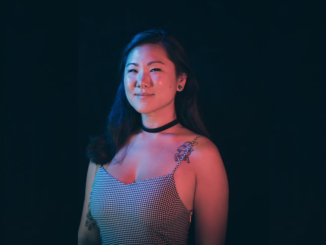
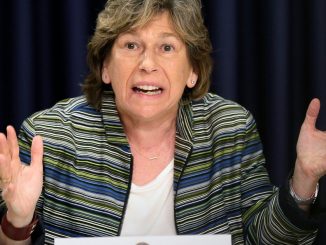
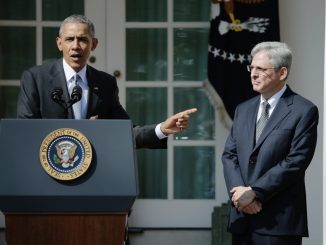
Be the first to comment